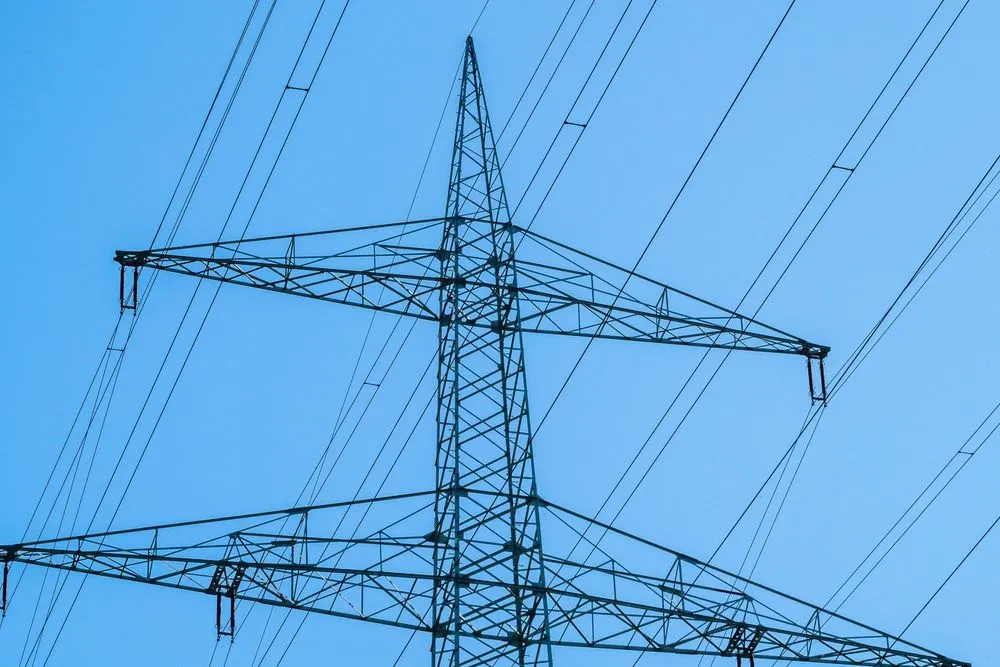Biden administration to roll out a series of cyber initiatives for critical infrastructure sectors
The Biden administration announced today a 100-day plan aimed at enhancing the security of electric utilities’ industrial control systems and improving the sector’s ability to detect, mitigate, and investigate cybersecurity incidents.
According to government officials, the effort is the first of several initiatives planned for multiple critical infrastructure sectors. Recent attacks involving SolarWinds and Microsoft Exchange software have pressured government agencies to modernize cyberdefenses of vital industries—the U.S. intelligence community warned last week that adversaries including Russia, China, and Iran have the capability to disrupt or damage U.S. critical infrastructure, including the electric grid.
“Russia continues to target critical infrastructure, including underwater cables and industrial control systems, in the United States and in allied and partner countries, as compromising such infrastructure improves—and in some cases can demonstrate—its ability to damage infrastructure during a crisis,” the intelligence report said.
The new electric grid initiative mostly focuses on voluntary efforts, such as encouraging the owners and operators of utilities to implement various cybersecurity measures and technologies. The Department of Energy said it also includes concrete milestones for these owners and operators to identify and deploy technologies that “enable near real time situational awareness and response capabilities” in critical industrial control systems.
The initiative will be led by the Department of Energy in coordination with the electricity industry and the Department of Homeland Security’s Cybersecurity and Infrastructure Security Agency.
“The United States faces a well-documented and increasing cyber threat from malicious actors seeking to disrupt the electricity Americans rely on to power our homes and businesses,” said Secretary of Energy Jennifer M. Granholm in a statement. “It’s up to both government and industry to prevent possible harms—that’s why we’re working together to take these decisive measures so Americans can rely on a resilient, secure, and clean energy system.”
'Outages of national significance'
Although the recent SolarWinds and Microsoft Exchange software attacks added urgency to the issue of critical infrastructure security, lawmakers and government watchdogs have been warning for years about how the electric grid and other sectors are vulnerable to hacks.
Last month, the U.S. Government Accountability Office released a report on “Electricity Grid Cybersecurity” that called on the Energy Department to address risks to the sector.
“Three federal and national laboratory officials told us that even if a cyberattack on the grid’s distribution systems was localized, such an attack could still have significant national consequences, depending on the specific distribution systems that were targeted and the severity of the attack’s effects,” the GAO said in its report. “For instance, an attack on the grid’s distribution systems for a large city could result in outages of national significance.”
Later that month, several senators including Angus King (I., Maine), Maria Cantwell (D., Wash.), and Ben Sasse (R., Neb.), sent a letter to Secretary Granholm urging her to preserve the department’s Office of Cybersecurity, Energy Security, and Emergency Response, or CESER, and maintain its leadership structure.
“Recent news reports have illustrated that our adversaries are actively seeking to exploit holes in U.S. internet networks and control systems, which leaves our electric grid and other critical infrastructure vulnerable to foreign surveillance and potential disruption…,” the senators wrote. “CESER plays a vital role in protecting the nation’s critical energy infrastructure from cyber threats, physical attacks, and other disruptive events.”
Last week, the DoE announced that Puesh M. Kumar will serve as Acting Principal Deputy Assistant Secretary (PDAS) for CESER, and will lead the department’s mission to address cyber, physical, and natural hazards and threats to the U.S. energy infrastructure.
Adam Janofsky
is the founding editor-in-chief of The Record from Recorded Future News. He previously was the cybersecurity and privacy reporter for Protocol, and prior to that covered cybersecurity, AI, and other emerging technology for The Wall Street Journal.



